As a member of Toastmasters, I had the opportunity to give a speech to fellow members and guests. I titled it, “I Didn’t Run a Marathon.”
After the club president introduced me, I stepped behind the podium, cleared my throat, and looked out at the audience. I could feel their eyes on me. I wondered if they expected a story about long-distance running. A triumphant comeback.
I opened with this:
“While wandering the corridors during my second hospitalization, just a month after my cancer surgery, I came across a poster of a man crossing a marathon finish line.
His tank top was soaked in sweat, his race number across his chest. One foot had already crossed the line, the other followed behind. His arms were raised in victory.
The caption beneath his image explained that he had survived pancreatic cancer and went on to run a marathon just months after his Whipple procedure, the same surgery I had.”
That poster was meant to inspire.
But standing in that hallway, weak and re-hospitalized, it made me feel like I had already failed.

The Problem With the “Hero Survivor” Narrative
I wondered: How could he run while I was barely holding on?
Here I was, dealing with complications and setbacks and he was celebrating with a medal.
Maybe I didn’t try hard enough to get better, I thought.
As I scanned the Toastmasters room, I saw a few people wince. I paused, took a breath, and continued.
“After seeing that poster, I began noticing that the hospital wasn’t the only place perpetuating this image of the brave, strong, can’t-knock-me-down cancer survivor.
If you turn on the news, read the paper, or search the internet, you’ll notice the media is flooded with these feel-good survival stories. And while they’re meant to give hope, they also send a message: if you’re not thriving, you’re doing survivorship wrong.”
Heads began to nod. I saw recognition settling in.
I mentioned a 2024 study that found 25% of cancer patients experience physical disability after diagnosis. That stat surprised many in the room. But for me, and others like me, it’s reality.
Survivorship Isn’t a Contest
“The myth of the superhuman cancer survivor is dangerous,” I told them.
“It makes people like me feel ashamed for not measuring up to the finish-line photo.
It turns survivorship into a silent competition.
It tells us that we’re only inspirational if we’re constantly beating odds, achieving goals, and smiling through the pain.”
But that’s not the full story. And it shouldn’t be the only story we tell.
Much of what I shared at Toastmasters is also central to my upcoming memoir, where I write about cancer, resilience, and the myths that surround survivorship.
Why This Narrative Persists
“Why do we cling so tightly to these hero stories?” I asked.
“Because they’re easier to digest than the truth.”
The truth is:
- Cancer is unpredictable.
- It can kill, regardless of your mindset, status, or lifestyle.
- Sometimes, people do everything “right” and it still returns.
- Survival isn’t always about a triumphant event. It can be as simple as taking a breath, finding a moment of rest, and tapping into the quiet strength needed to endure the day.
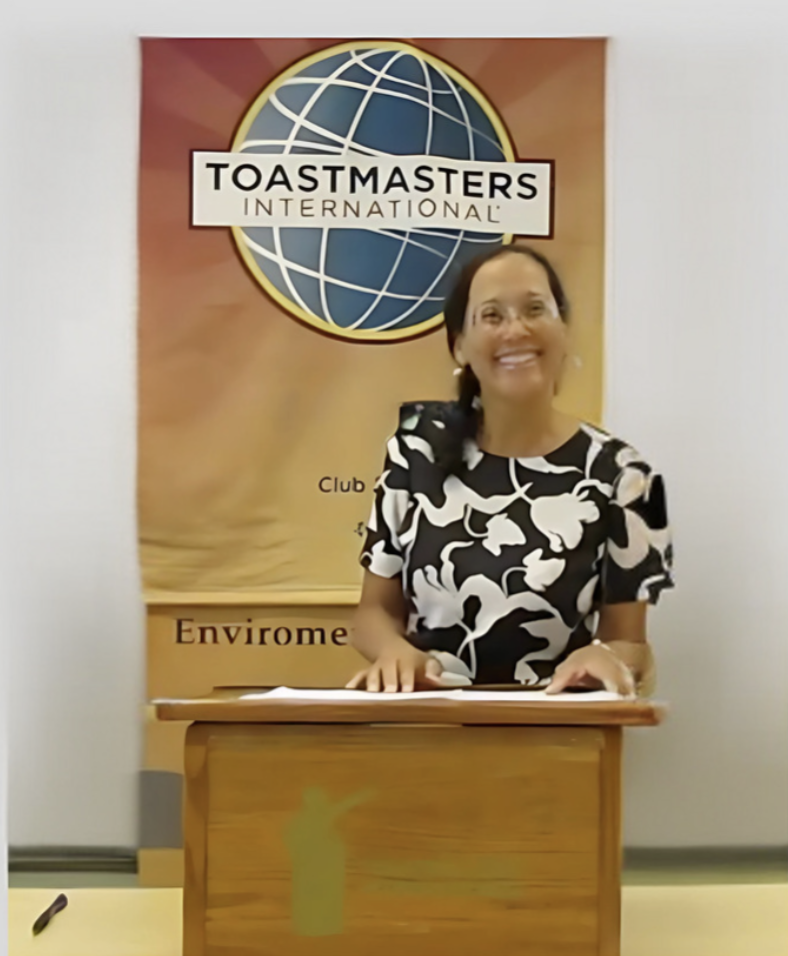
Changing the Narrative, One Story at a Time
After the speech, several members approached me. They admitted they’d never thought about the darker side of the survivor myth. They thanked me for sharing something different, something real.
That moment reminded me: This is why I speak up.
Because we need more stories that tell the truth, not just the highlight reel. We need space for every kind of survivorship, not just the kind that gets turned into a Nike ad.
My mission is to dismantle the idea that survivorship is only for the strong, the smiling, the marathon-running.
“I want to shift the story: one speech, one blog post, one conversation at a time.“
– Dr. Yvette Colón
Cancer isn’t a race. And if it were, we’d all be running different paths, with different bodies, different barriers, and different definitions of “finishing.”
Sharing talks like this one is part of my work as a speaker, where I focus on survivorship, equity, and patient empowerment.
If this perspective resonates with you, you’ll find other reflections and essays on my blog or you can return to my home page to explore more of my mission.
If you’ve ever struggled with how much of your own story to share, you might connect with my blog post where I cover Writing About Trauma. Clink the blog post linked below to learn more.
Don’t Miss Out!
To get future posts on survivorship and advocacy delivered straight to your inbox, subscribe to my blog today.
Discover more from Dr. Yvette Colón
Subscribe to get the latest posts sent to your email.
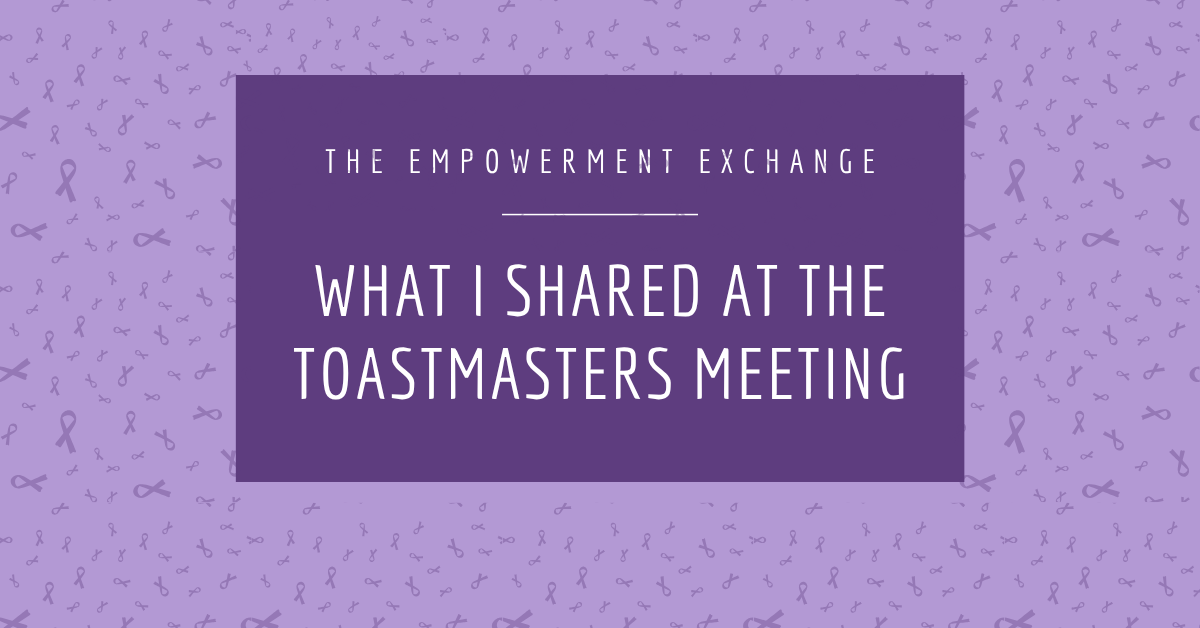
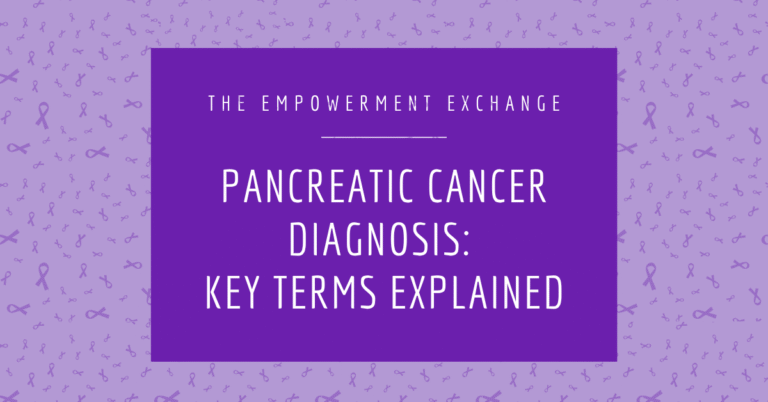
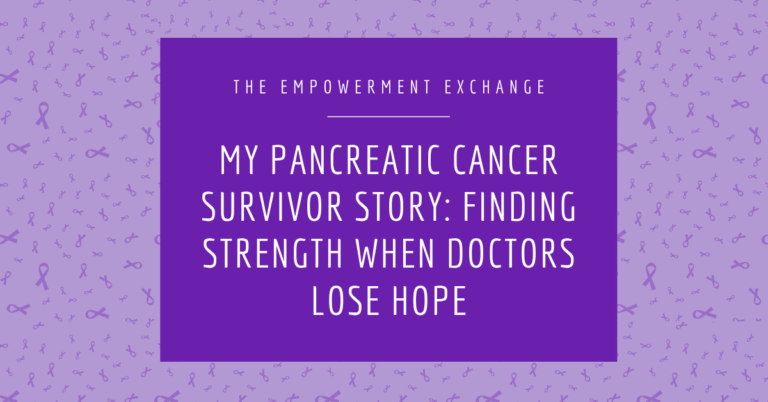
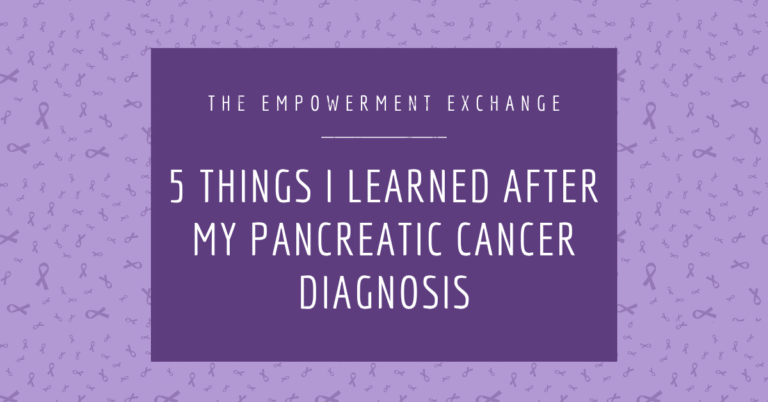
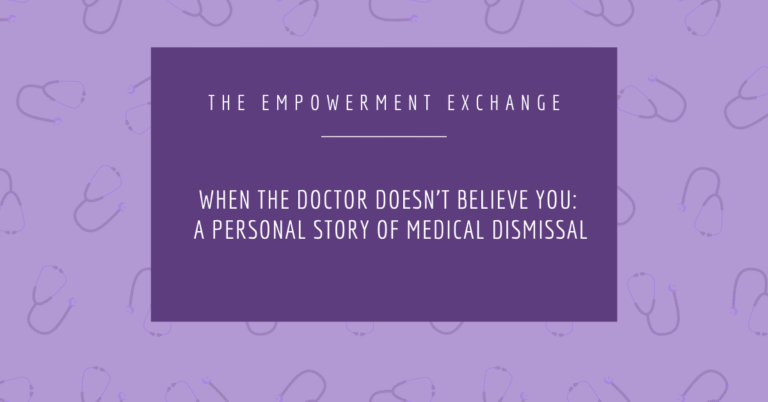
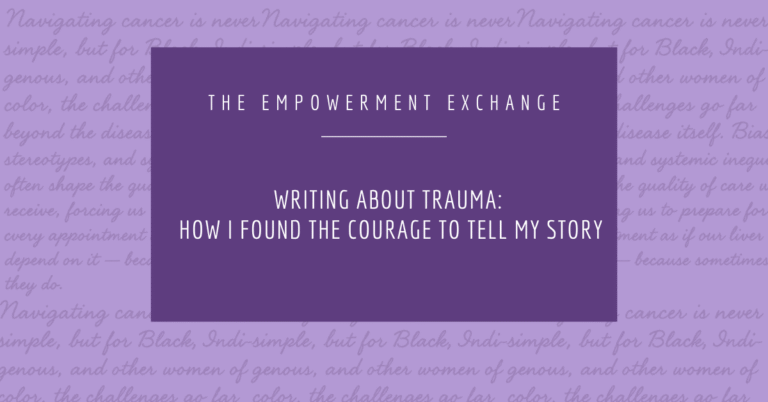
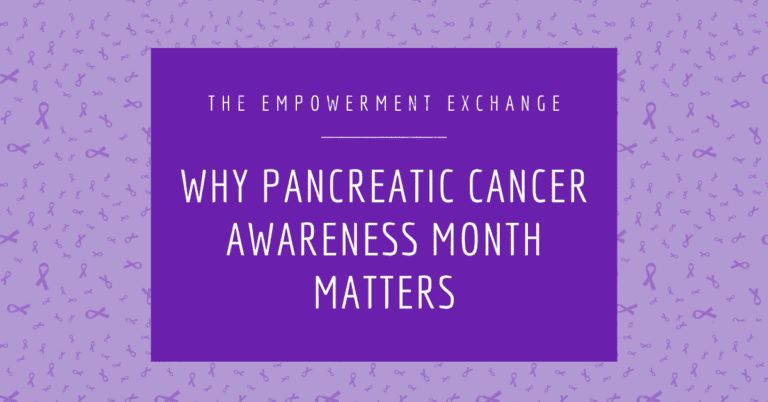
One Comment